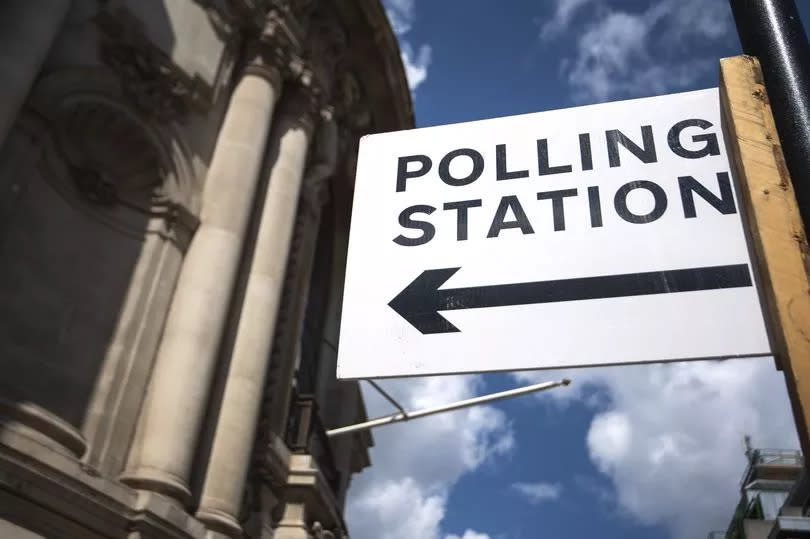Who is standing in my ward at the May 2024 local council elections

Who is standing in your ward at the May 2024 local council elections? More than 2,650 seats are up for grabs on polling day across 107 local authorities in England next Thursday (May 2).
The Conservatives have candidates in 95% of these, the highest proportion for any party, with Labour close behind on 91%. The Liberal Democrats are fighting 68% of the seats and the Greens are on the ballot in 62%.
You can use our interactive gadget below to check if there’s an election in your area, who the candidates are, which ward and council you live in. There are 107 local council elections, the mayoral elections in eleven regions and 35 elections for police and crime commissioners.
Enter your postcode below to find out who’s standing in your ward.
The Tories and Labour are both defending more than 900 existing council seats, with the Lib Dems defending more than 400 and the Greens just over 100. Changes in the size of some local authorities mean there are also some new seats in play.
Councils where Reform are fielding a proportionately high number of candidates include Bolton, where the party is contesting all 21 seats up for grabs, Hartlepool (12 of 12), Plymouth (17 of 19) and Sunderland (25 of 25). A total of 316 Reform candidates are standing across the 107 local authorities.
The Workers Party of Britain, whose leader George Galloway recently won the Rochdale parliamentary by-election, has 31 candidates across the 107 authorities, including 13 in Rochdale where 20 seats are up for grabs. The party’s next highest showing is in Manchester, where it is standing in six out of 33 seats.
While the Tories and Labour have candidates in all 11 of the mayoral elections on May 2, and the Lib Dems and Greens are standing in 10 of them, Reform are fielding candidates in just five: East Midlands, Greater Manchester, London, the North East and the West Midlands. The six mayoral contests where Reform is not on the ballot are in the Liverpool City Region, Salford, South Yorkshire, Tees Valley, West Yorkshire and York & North Yorkshire.
Salford is also the only mayoral poll without a Lib Dem candidate while Tees Valley is the only one not being contested by the Greens. Just three parties are fielding candidates in Tees Valley – the Conservatives, Labour and the Liberal Democrats – which is the smallest number in any of this year’s mayoral races, while London has the most candidates at 13.
There is much higher participation by parties in the elections for the London Assembly, with the Tories, Labour, Lib Dems, Greens and Reform all fielding candidates in each of the 14 constituencies. It is a different picture for the police & crime commissioner (PCC) elections, however.
Labour and the Conservatives both have candidates in all 37 of these contests and the Lib Dems are standing in 35. But the Greens have candidates in just eight while Reform are standing in only two, Derbyshire and Lincolnshire, and the Workers Party of Britain are fighting one, Bedfordshire.
Plaid Cymru has candidates in each of the four contests in Wales. It means around a third of the PCC elections (12 of the 37) will be three-way fights, with just the Conservatives, Labour and the Lib Dems on the ballot.
Voters in Cleveland and the West Midlands will have even less choice for their next commissioner, as only two parties are fielding candidates in these areas: the Conservatives and Labour.

 Yahoo News
Yahoo News 
